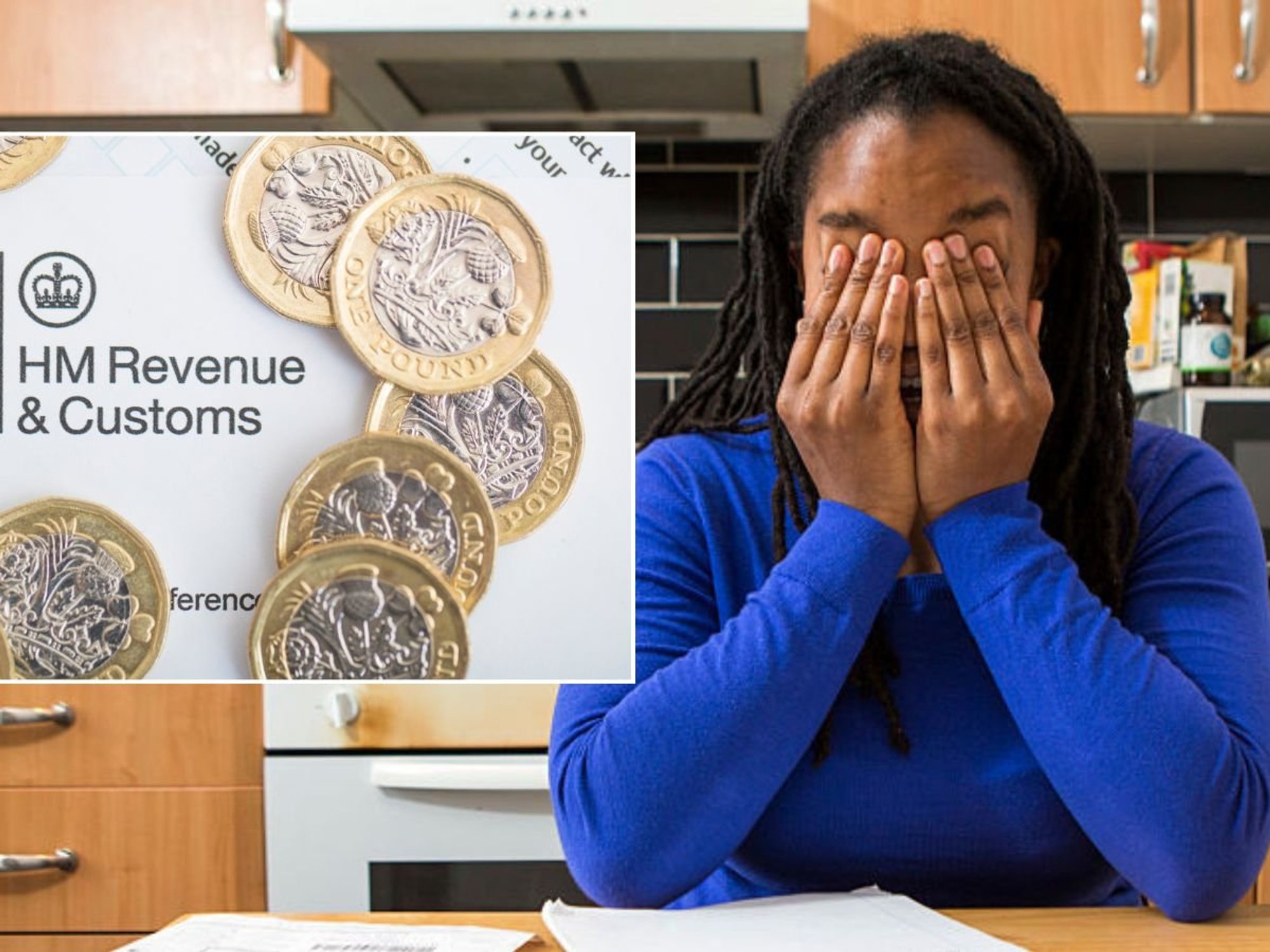DWP update: Millions of Universal Credit claimants to get guaranteed £725 income boost

Rachel Reeves savaged as she is reminded of devastating Universal Credit truth after ‘encouraging’ growth: ‘I was horrified!’ |
GBNEWS

The Government says reforms will make the system sustainable
Don't Miss
Most Read
Latest
Millions of Universal Credit claimants are set to receive higher payments under new Government proposals. However, the same legislation also introduces cuts to key health-related benefits, sparking widespread concern.


 The DWP is urging people to report missing cost of living payments online rather than via telephone | PA
The DWP is urging people to report missing cost of living payments online rather than via telephone | PA
The Universal Credit and Personal Independence Payment Bill, published on Wednesday, outlines changes that will:
Increase the standard Universal Credit allowance above inflation for four years, starting from 2026. The rises will apply to single claimants aged 25 and over, with rates increasing by:
- 2.3 per cent in 2026 to 2027
- 3.1 per cent in 2027 to 2028
- 4.0 per cent in 2028 to 2029
- 4.8 per cent in 2029 to 2030

The DWP is alerting people to how they could benefit from a rule change
| GETTYBy the end of this period, eligible claimants could receive an additional £725 per year, which is around £250 more than if payments had only risen with inflation.
Nearly four million households are expected to benefit from these guaranteed increases.
However, the bill also freezes and reduces the Limited Capability for Work and Work-Related Activity (LCWRA) component, which supports those with serious health conditions who are unable to work.
From April 2026, the LCWRA element will be frozen at £97 per week and will not rise with inflation.
New claimants from that point will receive just £50 per week. This reduction will affect people with terminal illnesses, cancer patients, and others with long-term health conditions.
While the Government has confirmed that more than 200,000 people with severe or permanently disabling conditions will be placed into a new category exempt from reassessment, future claimants may see significantly reduced financial support.

New claimants from that point will receive just £50 per week.
| GETTYThe proposed changes have drawn sharp criticism. Disability charities warn that the reforms could leave over three million people worse off, with potential losses of up to £12,000 annually for some.
James Watson-O'Neill, chief executive of disability charity Sense, said he was "especially alarmed" by plans to cut the Universal Credit uplift "for those with the greatest barriers to work."
"Many of the disabled people and families we support have told us they're frightened — uncertain how they'll afford food, heating, or other basic needs without this vital support," he added.
 The DWP is urging people to report missing cost of living payments online rather than via telephone | PA
The DWP is urging people to report missing cost of living payments online rather than via telephone | PAScotland's Social Justice Secretary Shirley-Anne Somerville stated: "The UK government's proposed reforms will be hugely damaging to those who rely on social security support, particularly during the ongoing cost of living crisis."
She confirmed Scotland would not cut its adult disability payment, urging Westminster to "protect the social security safety system, rather than dismantling it."
The bill is expected to face significant opposition in Parliament, with reports suggesting that as many as 170 Labour MPs plan to vote against it later this month.
More From GB News










